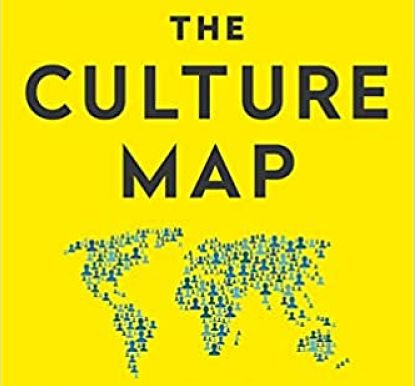The development of competent remote and virtual teams is now a big priority for most training departments.
Adapting to a world in which travel is restricted and social distancing is required makes the ability to conduct business virtually across cultures, countries and time zones essential.

 +44 0330 027 0207 or +1 (818) 532-6908
+44 0330 027 0207 or +1 (818) 532-6908



















